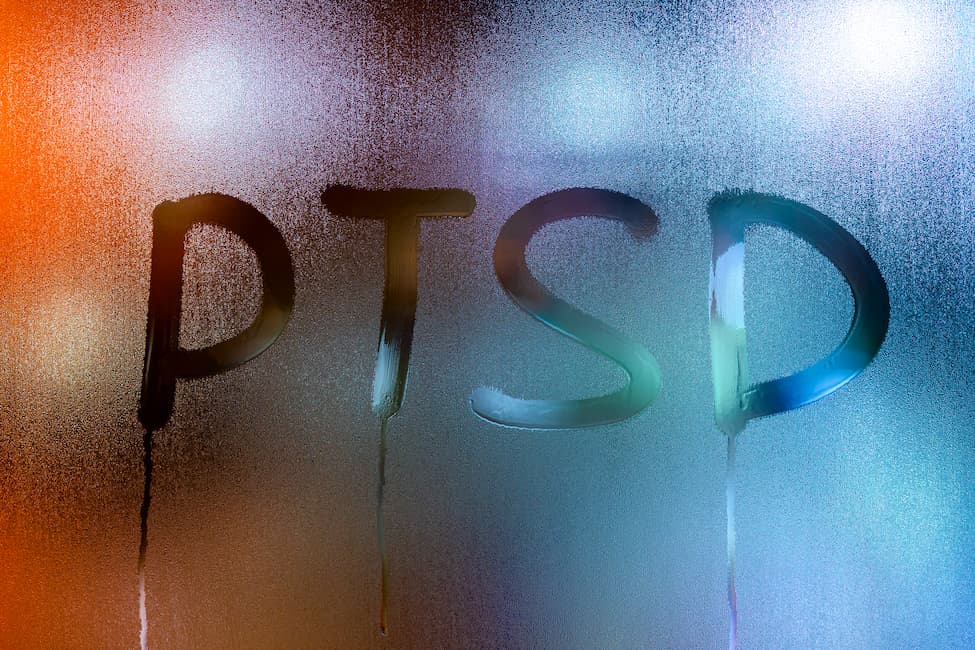Accelerated resolution therapy is an incredibly promising PTSD treatment adopted by numerous mental health and addiction specialists; the federal Substance Abuse and Mental … Continue reading Accelerated Resolution Therapy & PTSD: What You Need to Know ? The post Accelerated Resolution Therapy...
 Can symptoms of post-traumatic stress disorder (PTSD) be alleviated after only a single therapeutic intervention? Accelerated resolution therapy could offer significant relief to people who struggle with addiction and co-occurring complex traumas. But how does this treatment work, and how quickly can positive changes appear? Here’s what you need to know.
Can symptoms of post-traumatic stress disorder (PTSD) be alleviated after only a single therapeutic intervention? Accelerated resolution therapy could offer significant relief to people who struggle with addiction and co-occurring complex traumas. But how does this treatment work, and how quickly can positive changes appear? Here’s what you need to know.
Accelerated resolution therapy is an incredibly promising PTSD treatment adopted by numerous mental health and addiction specialists; the federal Substance Abuse and Mental Health Administration recognizes it as being beneficial for addressing several classifications of mental disorders.
But what is accelerated resolution therapy?
Accelerated Resolution Therapy: PTSD and Beyond
Accelerated resolution therapy is a type of behavioral health intervention designed to mitigate the symptoms of numerous mental health disorders. It is a type of eye-movement therapy where the patient follows a set of directions before each movement of the eyes under the guidance of a qualified practitioner.
The patient doesn’t necessarily have to discuss the individual traumas that led to the psychological symptoms; they process the previous traumatic experiences internally as they proceed with the treatments. This type of procedure-focused intervention has yielded excellent outcomes for people who struggle to communicate or reveal their emotions. The typical accelerated resolution therapy treatment cycle is five sessions.
Though accelerated resolution therapy is a fairly new type of treatment (it was developed in 2008 by clinician Laney Rosenzweig), there are several studies that point to its particular efficacy in addressing PTSD and depression symptoms. A study published in 2020 found that accelerated resolution therapy was highly successful in alleviating the stress responses in deployed members of the U.S. armed forces. However, it is important to note that the major clinical studies on the use of accelerated resolution therapy for PTSD measured the outcomes using self-reported patient data, so further research is needed.
One of the major benefits of accelerated resolution therapy is its ability to quickly facilitate positive outcomes; many clinicians report significant symptom reduction after a single session of accelerated resolution therapy. PTSD is only one of the conditions this intervention can address successfully. Additional mental health concerns that can be resolved using accelerated resolution therapy include:
Anxiety disorders Depression PhobiasBecause the treatment requires so few sessions, accelerated resolution therapy has excellent potential for being employed successfully for people who are not likely to pursue long treatments for mental disorders. When the intervention only requires five or fewer sessions, patients are more likely to complete the full treatment course. Many mental health specialists find that accelerated resolution therapy is easy to incorporate into a comprehensive mental health program. (Numerous traditional PTSD therapies require up to 20 sessions or more). Additionally, accelerated resolution therapy doesn’t require the patient to complete homework or other activities outside of the clinical setting.
Accelerated Resolution Therapy, PTSD and Addiction
Accelerated resolution therapy can be integrated into a comprehensive dual diagnosis addiction treatment plan, though it is not a standalone treatment for drug and alcohol dependency. However, addressing the co-occurring disorders that trigger self-medicating behaviors and substance misuse can help curb the impulse to reuse.
It is believed that between 6% and 10% of the population will be diagnosed with PTSD during the course of their lives.
PTSD is among the most widespread co-occurring disorders in people struggling with addiction; people diagnosed with PTSD are statistically more likely to develop a substance use disorder than people who do not experience PTSD. Some studies report particularly high rates of PTSD in women with substance use disorder, likely resulting from prior sexual abuse, assault and persistent physical childhood traumas.
Because PTSD can inhibit the brain’s ability to produce endorphins, people with the disorder often start using intoxicants and adrenaline-stimulating behaviors to self-regulate. Often, the symptoms of PTSD can be so intrusive that it leads to a reliance on substances that appear to manage anxieties and other triggers.
For people with co-occurring PTSD and patterns of substance reuse, accelerated resolution therapy can help address symptoms and triggers quickly. By resolving the underlying issues contributing to substance reuse within a few sessions, the client can experience the full benefit of the supplementary treatments and focus on long-term recovery.
At The Raleigh House, we specialize in providing comprehensive, personalized treatments designed to address the many complex facets of addiction. With a team of compassionate, highly experienced addiction specialists, The Raleigh House provides a nurturing, supportive environment where clients can begin to break the cycle of addiction.
To learn more about treatment programs at The Raleigh House, please contact our helpful representatives today.
The post Accelerated Resolution Therapy & PTSD: What You Need to Know appeared first on The Raleigh House.









